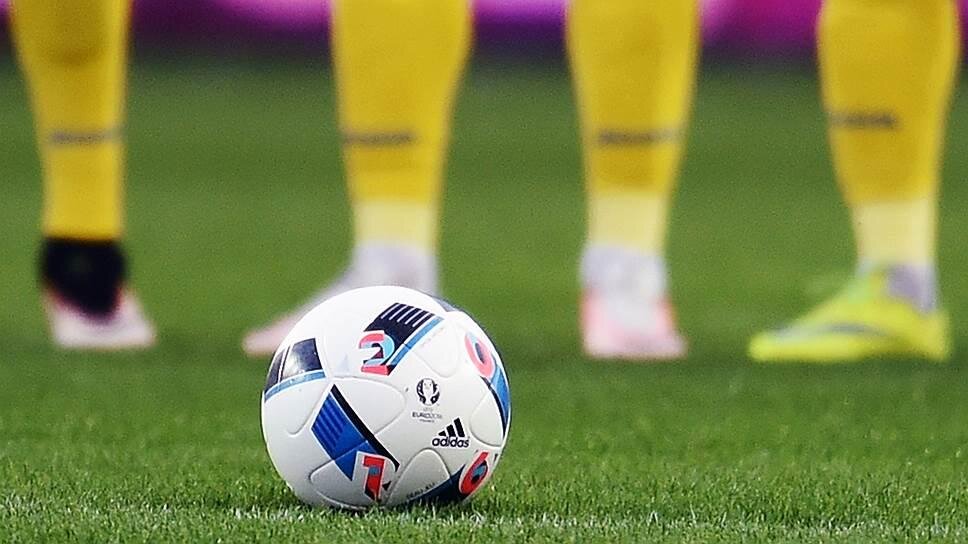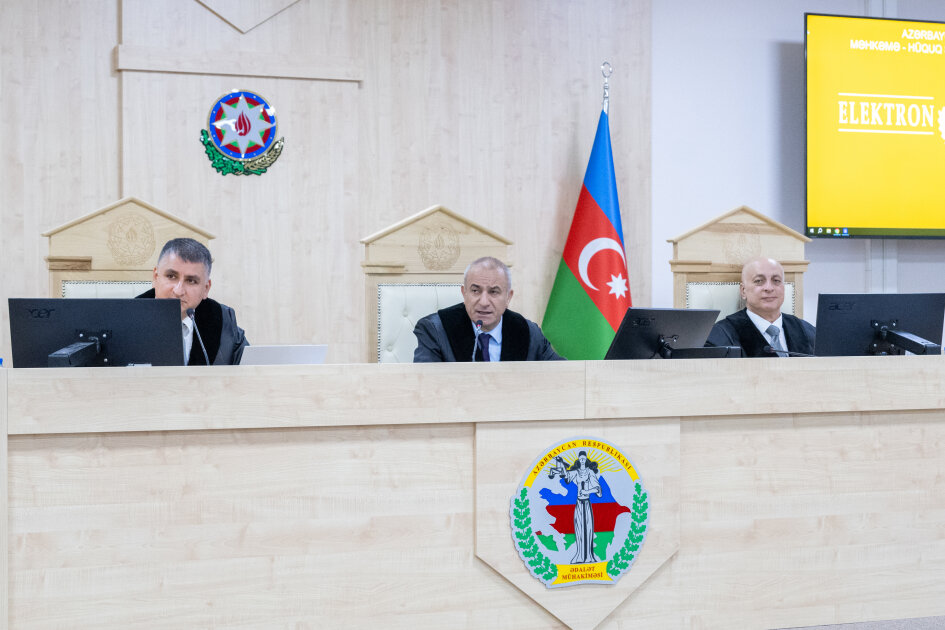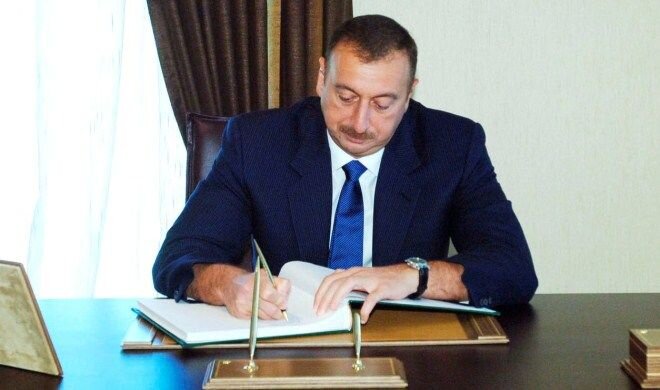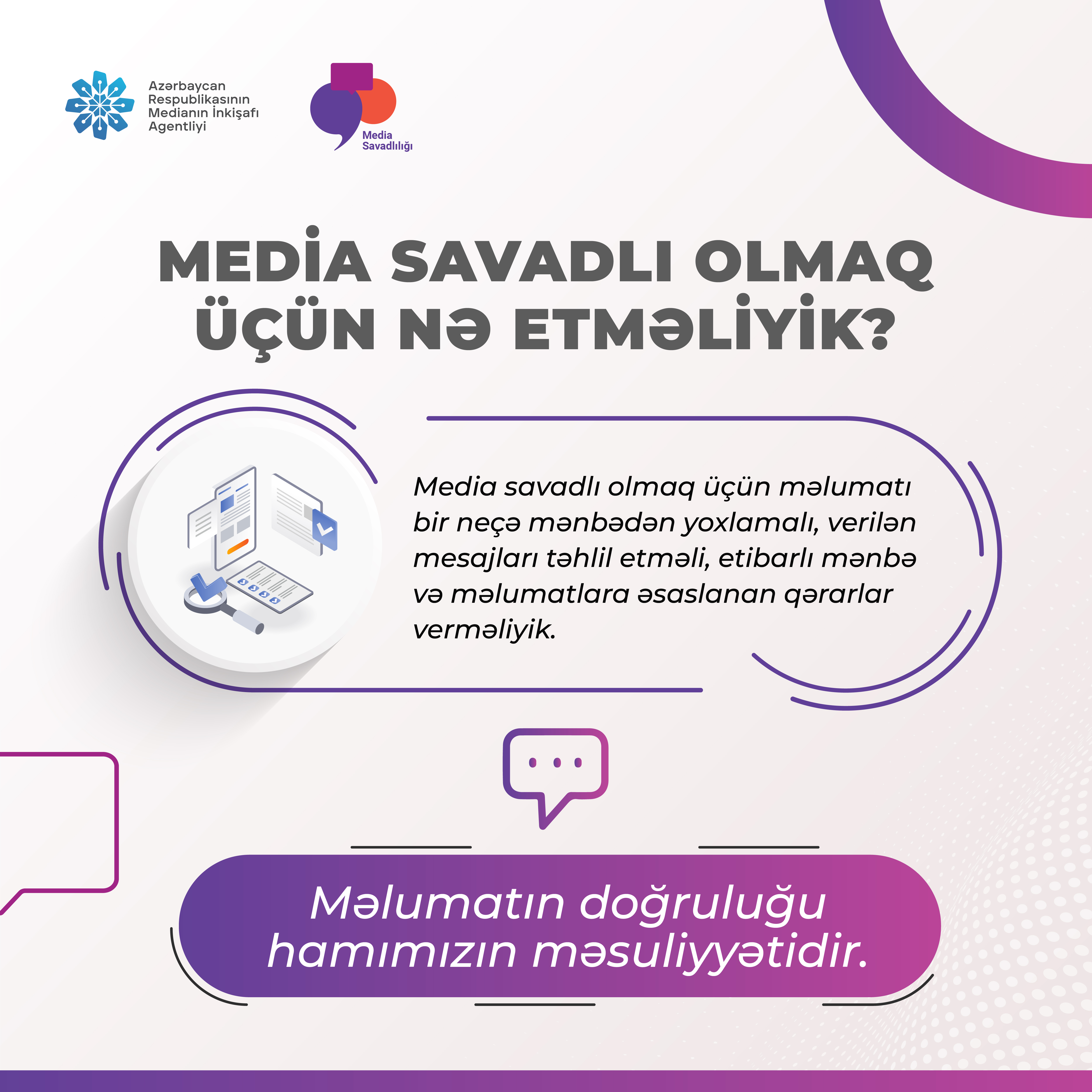IFAB introduces major overhaul to football rules
 According to the latest changes adopted by the International Football Association Board (IFAB), several rules have been updated or newly added.
According to the latest changes adopted by the International Football Association Board (IFAB), several rules have been updated or newly added.
1news.media reports that these changes will directly impact both player behavior and referees' decision-making processes.
For instance, a new time limit will be introduced regarding how long goalkeepers can control the ball. Goalkeepers will now be allowed to hold the ball with their hands inside the penalty area for a maximum of 8 seconds. This includes holding the ball in the air, placing it on the ground, or one-handed control. Whether the goalkeeper is standing or on the ground doesn’t matter — the countdown begins from the moment control is established. If the rule is broken for the first time, a corner kick will be awarded to the opposing team. If repeated, a warning will be issued, and on the third violation, a yellow card will be shown. The corner will be taken from the side nearest to the goalkeeper.
There’s also a notable change regarding penalty kicks. If the player unintentionally touches the ball twice in a row — for example, due to slipping — the goal will not count. However, unlike before, a free kick will not be awarded; instead, the penalty will be retaken. This change is aimed at treating accidental errors more fairly.
A completely new approach is being introduced for protesting referee decisions. Only the team captain will be allowed to discuss decisions with the referee on the field. Especially during VAR-reviewed incidents, if other players crowd the referee in protest, they will immediately face disciplinary action. If the captain is the goalkeeper and positioned far from the referee, another player may be designated in advance to act as captain.
The rule for restarting play after a stoppage has also been modified. Previously, the ball was given to the team that last touched it. Now, if the referee can determine which team was in control of the ball at the time of stoppage, possession will be awarded to that team. This aims to eliminate seemingly unfair situations.
Similarly, accidental touches of the ball by substitutes, replaced players, or coaches in the technical zone will now be assessed differently. If the contact with the ball is unintentional, no yellow card will be issued, and instead of an indirect free kick, play will simply resume normally.
Lastly, offside rulings have become more precise. If the goalkeeper is returning the ball into play with their hand, the exact moment the ball leaves their hand — the final point of physical contact — will be used to determine offside. This aims to ensure more accurate and fair offside decisions.





















